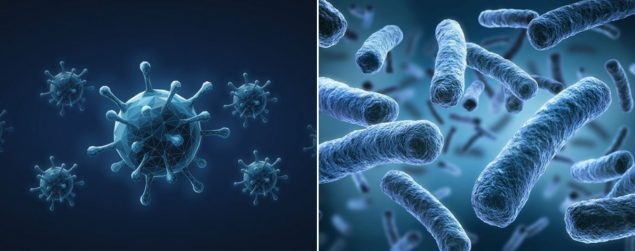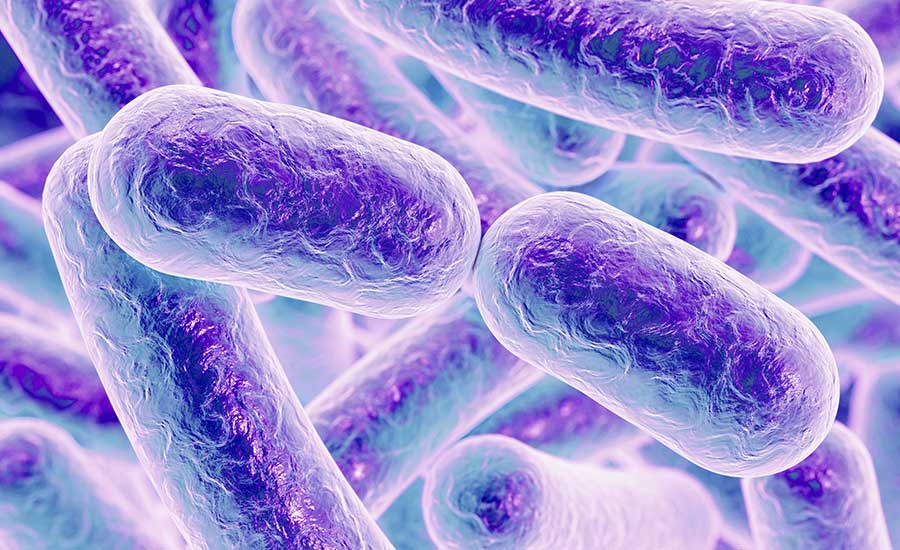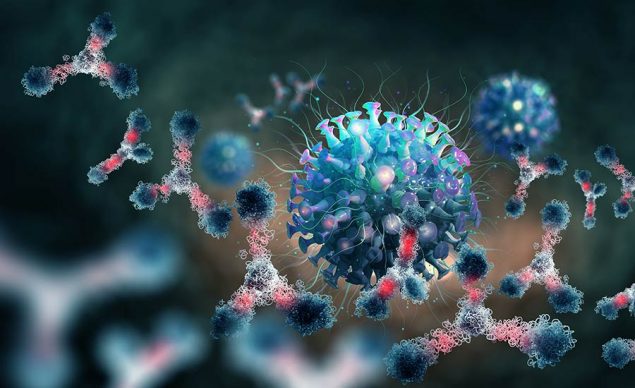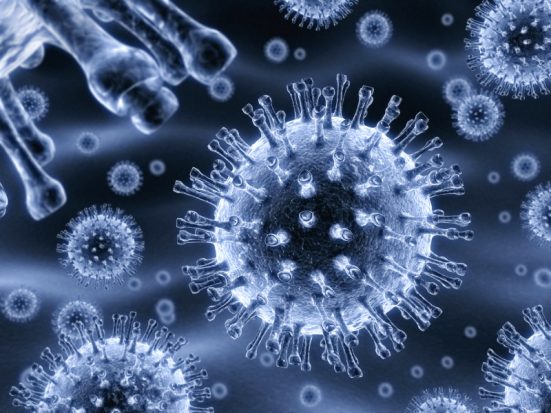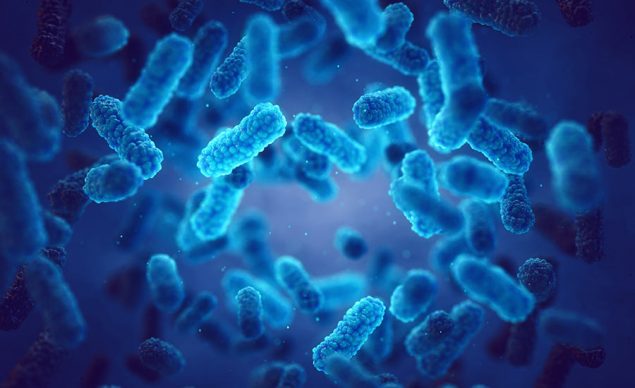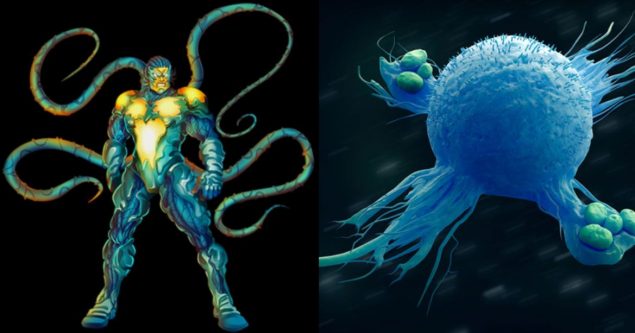Related Resources
Standing at the frontlines of your own body’s Biowars are the Neutralizers, which are a massive squad of Biowarriors uniquely prepared for just about every type of infection or invasion.
Like most heroes in the BioCosmos, Neutralizers rely on the rest of the Biowarrior team to eliminate biological threats before they become too overwhelming. But it isn’t because these heroes of health are weak—not by a long shot.
In fact, when it comes to your body going to combat with viruses, bacteria and other types of dangers, no other protector comes in greater numbers or with as much focus as the Neutralizers. And while they may appear reckless at times, they’re definitely effective at keeping your body in excellent shape.
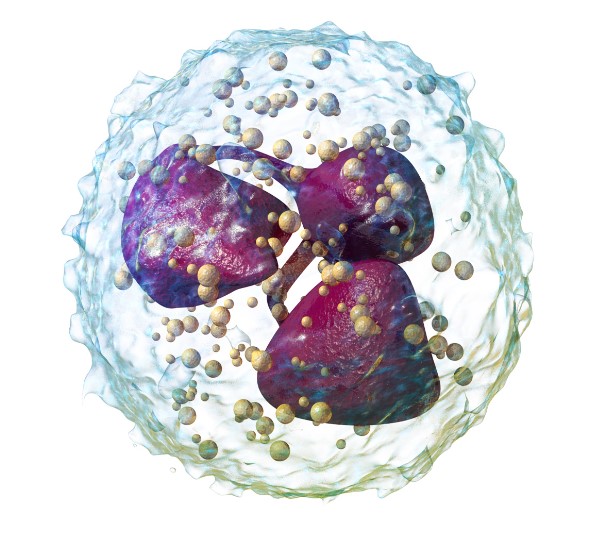
Neutrophils: Nature’s Neutralizers
The second you’re born into the world you’re immediately exposed to all kinds of risks for infection. Fortunately for you, however, your body prepares itself ahead of time by putting together an innate immune system as a means of protection before you’ve even left the womb.
Unlike the adaptive immune system, which evolves over your lifetime, the innate immune system serves as your first line of defense against microscopic intruders.
So whenever you have an infection occur, neutrophils, alongside macrophages and Natural Killer Cells, receive a signal that tells them immediately what areas of the body need the aid of these health-friendly minions. Then once your neutrophils arrive—well ahead of every other immune cell in your system—they begin killing the invading bacteria and foreign invaders by eating the organisms and dissolving them one-by-one.
Really, the process probably goes down similarly to Pac-Man munching down on ghosts after gobbling a power pellet, except there are millions of Pac-Mans and likely just as many ghosts.
While neutrophils make up anywhere from 40-75% of the total number of blood cells in many mammals, they don’t often live long enough to hold a victory party after their big win, dying anywhere from 5 to 90 hours after full development.
Yet, despite their short life span, neutrophils are an extremely mobile bunch, and can go places in the body that other cells and molecules can’t access. This is one of the primary reasons they are so effective at slaying microbes and viruses that sometimes like to tuck themselves away in inconspicuous areas.
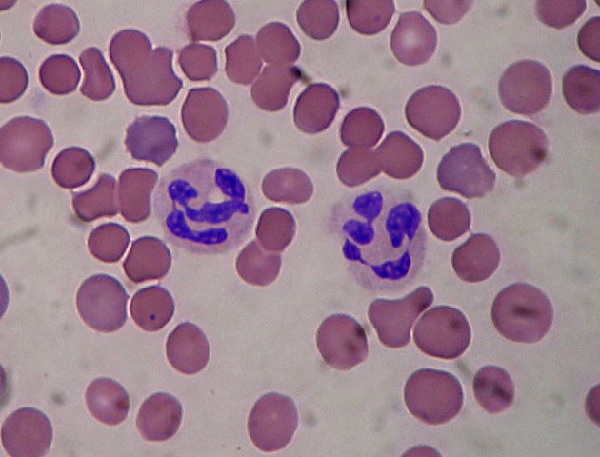
By now you’re probably curious where neutrophils begin, and you’ll probably love knowing they start in the same area as lymphocytes, which begin their lives in your bone marrow. After being formed by stem cells found in the marrow, neutrophils enter your blood stream once they’ve matured, and begin scattering throughout your body to form an enormous Neighborhood Watch program inside your personal BioCosmos.
But there are two things that can happen if your neighborhood watch gets out of control (too many neutrophils), or is understaffed (too few neutrophils)—and they indicate what’s really taking place inside your body.
If your levels get too high, this usually means you have a high level of stress on your body, which can come from a number of things, including:
- An acute bacterial or fungal infection
- Trauma, damage or inflammation of body tissues
- Blood loss
- Extreme temperatures
- Exercise
- Seizures
- Surgery
- Strong emotional responses (e.g. panic or rage)
Now, not all of these are bad, and many won’t have long-term effects. But there are several conditions, such as illnesses and malignant tumors, that high neutrophil counts can be indicators for.
On the flipside, if you happen to discover you have a low neutrophil count, this can leave your body vulnerable to all of the viruses and bacteria they would normally help eliminate. It’s not very common for it to occur, but it does often happen as a side effect of some cancer treatments or in people who have chronic or unusual infections.
Neutrophils are an extremely important part of your immune system, as you probably figured out while reading the Biowars digital comic!



